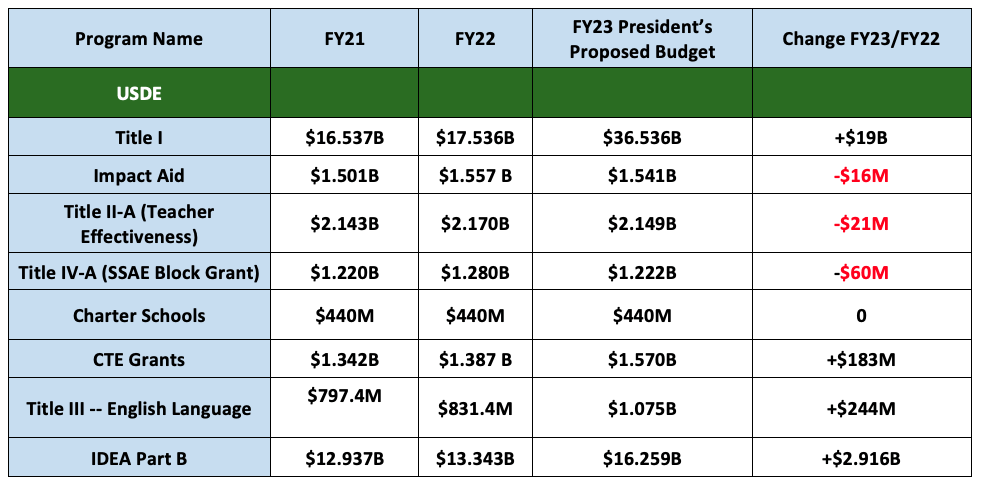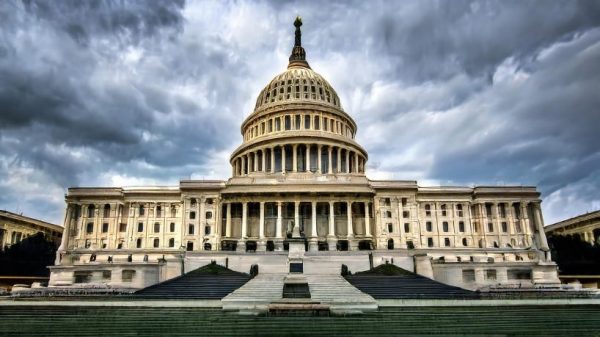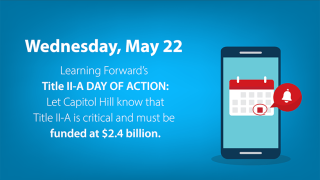Emphasis on recruitment & retention would improve support to teachers
On March 28, President Biden released his fiscal year 2023 proposed federal budget, including a nearly $12.4 billion proposed increase over 2022 for the U.S. Department of Education. However, this may not be a final document. Despite the document’s delay by several weeks, all of the proposed program funding levels are based on fiscal year 2021 funding levels rather than the recently completed fiscal year 2022 Omnibus Appropriations Act’s final program levels. While the Department will be issuing a revised budget with the 2022 funding levels, it remains unclear if the proposed 2023 funding levels will also be revised upwards. Thus, everything in the proposed budget should be considered provisional and subject to change.
The fiscal year 2023 budget released this week looks much like its predecessor last year as the President again seeks to make big K-12 investments in Title I (plus $19 billion), IDEA (plus $2.9 billion), and mental health (plus $1 billion), with many programs receiving small increases, flat funding or actual cuts most likely a result of the Department using 2021 numbers as the basis of its calculations. As a result of this reliance on old numbers, Title II would incur a loss of minus $21 million. The small funding gain from last year would be wiped out and instead there would be an actual net decrease when compared to 2022.
The President’s budget also emphasizes the need to stem the teacher shortage by devoting $350 million of the proposed $514 million in funding for the Education and Innovation Research grant program “towards identifying and scaling models that improve recruitment and retention of staff in education.” Such models include those that would “improve resources and support for educators and provide teacher access to leadership opportunities that improve teacher retention and maximize the impact of great teachers within and beyond their classrooms.”
Below is a chart showing how key programs fared in the President’s fiscal year 2023 budget, the fiscal year 2021 Omnibus Appropriations Act and the fiscal year 2022 Omnibus Appropriations Act:

The time to reach out to Congress is now! Congress has already begun to schedule hearings on the FY23 departmental budgets. US Secretary of Education Cardona will testify before the House Labor HHS Education Appropriations Subcommittee on April 4th.
Please click over to the Powered by Title II website here and send a letter to your Members of Congress urging them to support a robust increase for Title IIA in the FY23 Labor HHS Education Appropriations bill.






